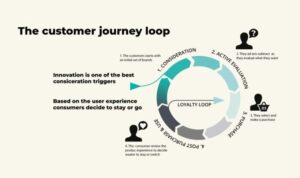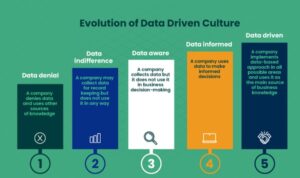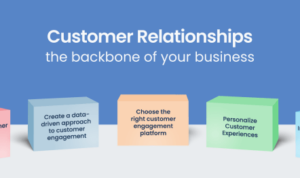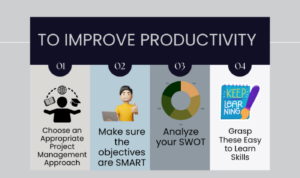Customer Success Tips are the key to unlocking your business potential and keeping your customers happy and loyal. Dive into this guide filled with insights and strategies to elevate your customer success game to the next level.
Importance of Customer Success: Customer Success Tips

Customer success is crucial for businesses as it focuses on ensuring that customers achieve their desired outcomes while using the product or service. By providing exceptional customer support, valuable resources, and proactive engagement, companies can enhance customer satisfaction, loyalty, and retention rates.
Examples of Companies Excelling in Customer Success
- HubSpot: HubSpot offers extensive training, resources, and personalized support to help customers maximize the benefits of their marketing and sales software.
- Zappos: Zappos is known for its exceptional customer service, going above and beyond to meet customer needs and create memorable experiences.
- Salesforce: Salesforce has a dedicated customer success team that works closely with clients to ensure they achieve their goals and drive business growth.
Impact of Customer Success on Customer Retention and Loyalty
Customer success plays a significant role in enhancing customer retention and loyalty. By proactively addressing customer needs, providing timely solutions, and building strong relationships, businesses can create a loyal customer base that is more likely to renew subscriptions, make repeat purchases, and recommend the brand to others.
Strategies for Effective Customer Success
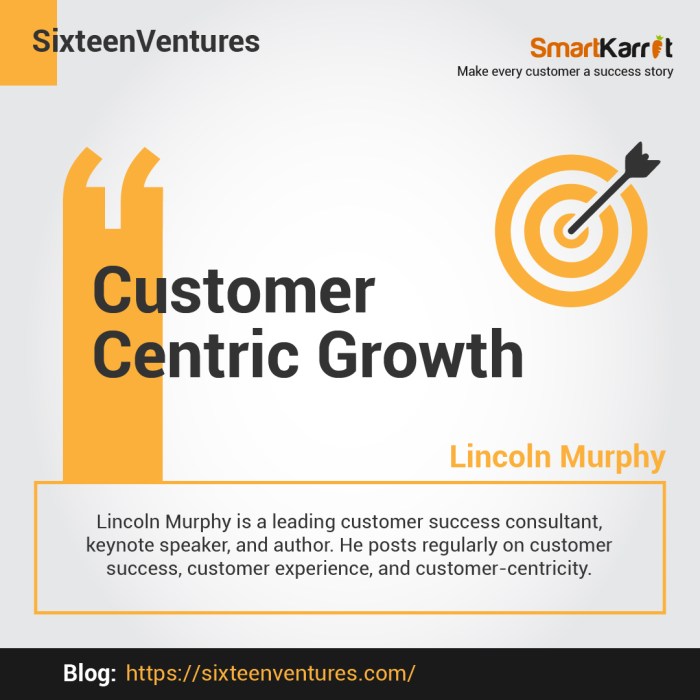
Creating a successful customer success strategy is crucial for retaining customers and fostering long-term relationships. It involves personalized plans and proactive initiatives to ensure customer satisfaction and loyalty.
Best Practices for Creating a Customer Success Strategy
- Establish clear goals and objectives for customer success.
- Develop a comprehensive understanding of your customers’ needs and expectations.
- Implement a reliable system for tracking customer interactions and feedback.
- Regularly review and adjust your strategy based on customer feedback and data analysis.
Role of Personalized Customer Success Plans
Personalized customer success plans are tailored to meet the unique needs and preferences of each customer. By personalizing the experience, you can build stronger relationships and increase customer satisfaction.
Importance of Proactive Customer Success Initiatives
Proactive customer success initiatives involve anticipating and addressing customer needs before they arise. By being proactive, you can prevent issues, enhance the customer experience, and drive customer loyalty.
Implementing Customer Success Tools
In order to effectively manage customer success, it is crucial to utilize the right tools that can streamline processes and enhance communication with clients. By leveraging various customer success platforms and implementing automation, businesses can significantly improve their customer satisfaction rates and retention.
Essential Tools for Managing Customer Success
- Customer Relationship Management (CRM) software: Helps track customer interactions, manage accounts, and analyze data to better understand customer needs.
- Customer Feedback Tools: Collect feedback through surveys, NPS scores, and customer reviews to gauge satisfaction levels and identify areas for improvement.
- Customer Analytics Platforms: Utilize data analytics to gain insights into customer behavior, preferences, and trends to personalize interactions and tailor solutions accordingly.
Comparison of Customer Success Platforms
- Zendesk: Offers a comprehensive suite of customer support tools, including ticketing systems, live chat, and knowledge base management.
- Gainsight: Focuses on customer success automation, with features like health scoring, customer journey mapping, and predictive analytics.
- HubSpot CRM: Provides a user-friendly interface for managing customer relationships, marketing campaigns, and sales pipelines in one platform.
Automation to Enhance Customer Success Efforts
Automation plays a vital role in optimizing customer success processes by reducing manual tasks, improving response times, and increasing scalability. By implementing automation tools like chatbots for instant customer support, email marketing automation for personalized communication, and workflow automation for task management, businesses can enhance efficiency and deliver a seamless customer experience.
Measuring Customer Success
To ensure the effectiveness of your customer success strategies, it is crucial to measure and evaluate the success of your efforts. This involves identifying key performance indicators (KPIs), gathering feedback through surveys, and analyzing customer success metrics.
Key Performance Indicators for Evaluating Customer Success
- Customer Retention Rate: Measure the percentage of customers who continue to use your product or service over a specific period.
- Net Promoter Score (NPS): Determine the likelihood of customers recommending your business to others.
- Customer Satisfaction Score (CSAT): Assess the overall satisfaction level of customers with your product or service.
- Time to Value: Evaluate how quickly customers achieve value from your product or service after onboarding.
Importance of Feedback and Surveys in Measuring Customer Success, Customer Success Tips
Feedback and surveys provide valuable insights into customer satisfaction, pain points, and areas for improvement. By collecting feedback regularly, you can identify trends, address issues proactively, and enhance the overall customer experience.
Tips on Analyzing and Interpreting Customer Success Metrics
- Set Clear Goals: Define specific objectives and outcomes you want to achieve through your customer success efforts.
- Track Trends Over Time: Monitor customer success metrics regularly to identify patterns and deviations that may require attention.
- Segment Your Data: Analyze customer success metrics based on different customer segments to tailor your strategies effectively.
- Act on Insights: Use the data collected to make informed decisions, implement changes, and optimize your customer success initiatives.
